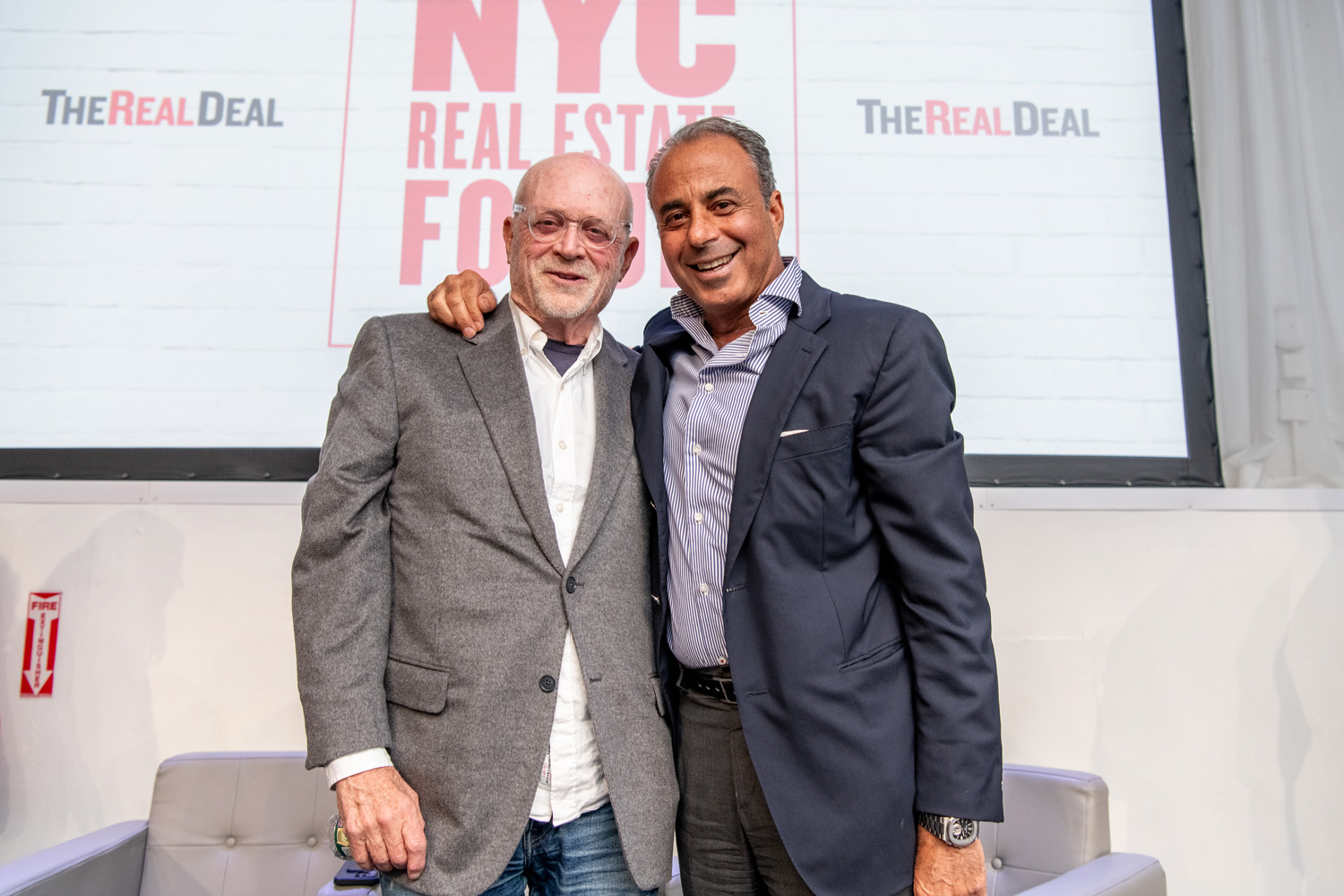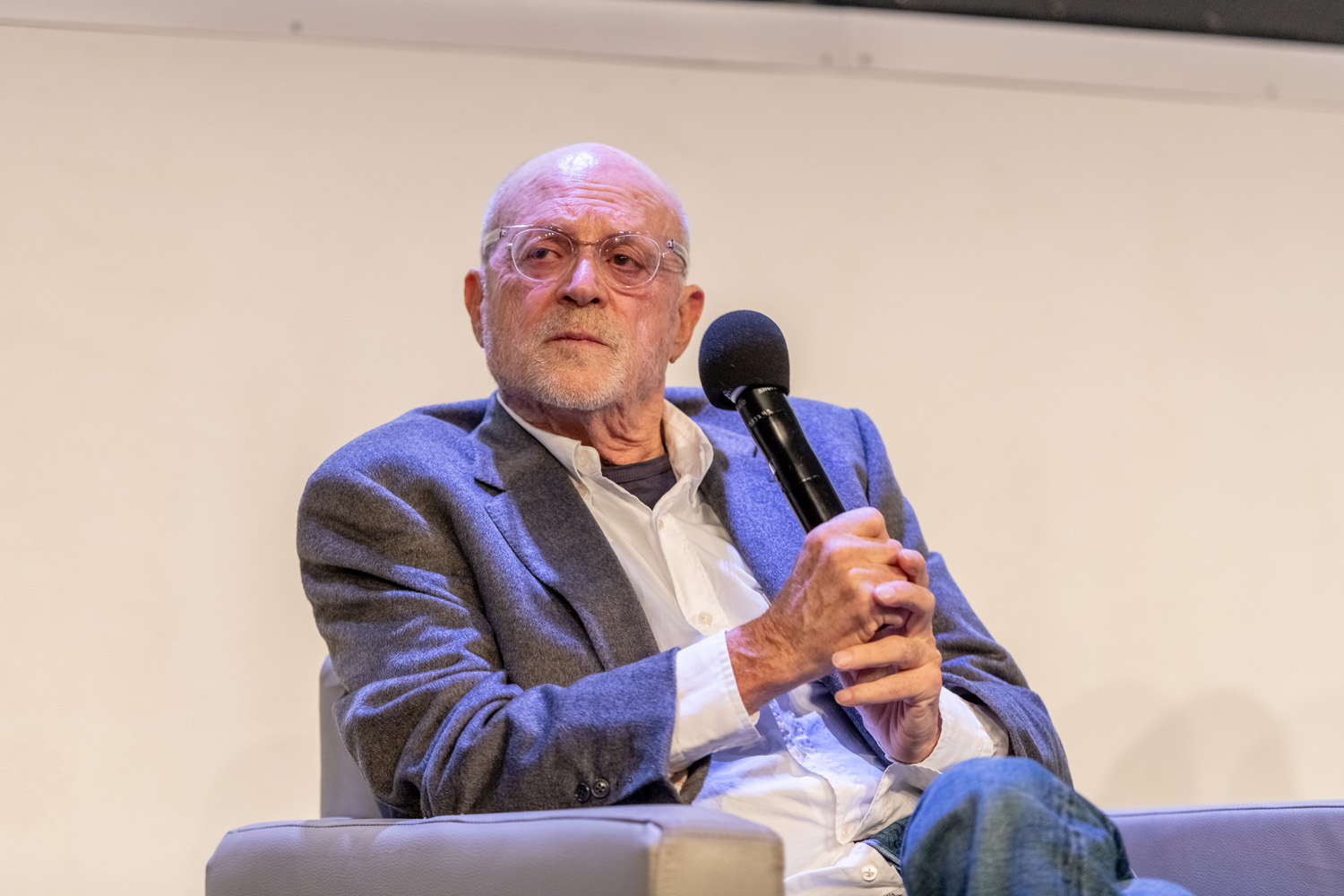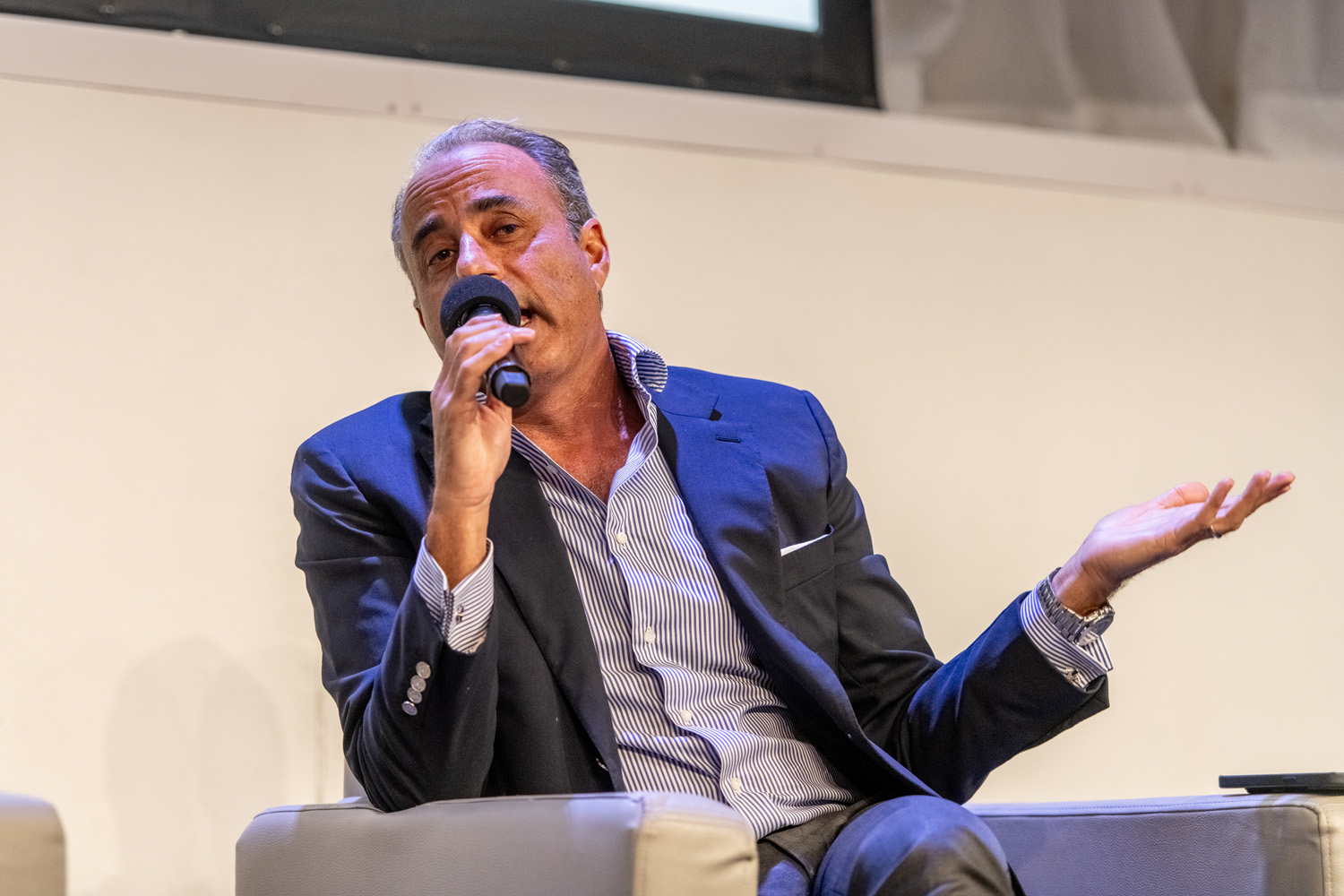Finding a good retail property is “like a needle in a haystack.”
That’s one thing investor Ben Ashkenazy and retail pioneer Mickey Drexler seemed to agree on as they spoke about the future of retail at The Real Deal’s annual Real Estate Forum.
“It’s very hard to come across the proper property in the best location, that’s irreplaceable, that’s in an area that is desired by all,” Ashkenazy said “Those properties, which is what I focus on buying, are very tough to come across.”
Ashkenazy, who heads Ashkenazy Acquisition Corporation, said e-commerce has triggered an era of consolidation in retail, as investors and tenants began to focus more on Class A properties and less on tertiary markets.
Drexler, the former CEO of J. Crew and GAP and current chairman of fashion brand Alex Mill, said smaller is better when it comes to brick and mortar.
“The bigger, the worse,” Drexler said. “Right now what I would do is open up 1,500, maybe 2,000 square feet, and that’s what I’d do.”
Ashkenazy said Covid was a turning point for the retail sector because consumers emerged from the pandemic eager to get out and socialize.
“They locked you up, they said ‘just order online,’” Ashkenazy said. “That was nice, but everybody hated it. It should have been a wakeup call to say ‘hey, retail is the most amazing thing in the world because it’s social.’”
The City Council’s City Planning director Dan Garodnick noted in an op-ed recently that the storefront vacancy rate is about 11.2 percent — which is close to pre-pandemic levels, and trends in most boroughs indicate that it is declining further. This is based on data collected by the city’s department of finance, after a 2019 local law was passed to ensure that storefront vacancy was being monitored closely.
On the whole, according to a recent Manhattan CBRE report, asking rent in the city’s retail corridors is up 3 percent, and ground floor availabilities in Manhattan’s 16 premier shopping corridors has decreased.
Now, Ashkenazy said, retailers were eager to create memorable experiences for customers in order to lure them back – something Drexler has spent most of his career doing.
“You have to have a point of view and a vision and I always say it’s a narrow vision,” Drexler said.
When asked about the recent trend of luxury retailers buying their own buildings, Ashkenazy said several European brands had expressed interest in 660 Madison Avenue, the former Barneys building he owns with a group of investors.
He said he was waiting for a “big whale” to buy the whole thing rather than carving it into offices and retail.
“Right, now there’s a surge of them trying to compete with one another by trying to control their own destiny by controlling their own store and they’re fighting amongst themselves for the best corners,” he said. “That particular brand needs the identification, the identity, the image, and that corner’s extremely important.”
Read more










